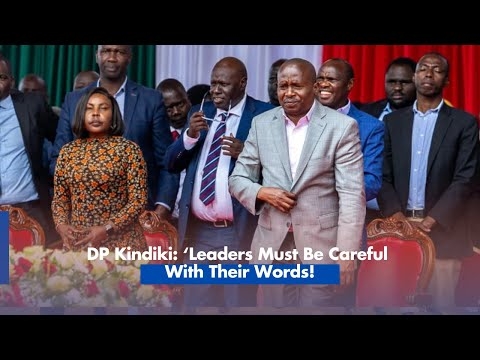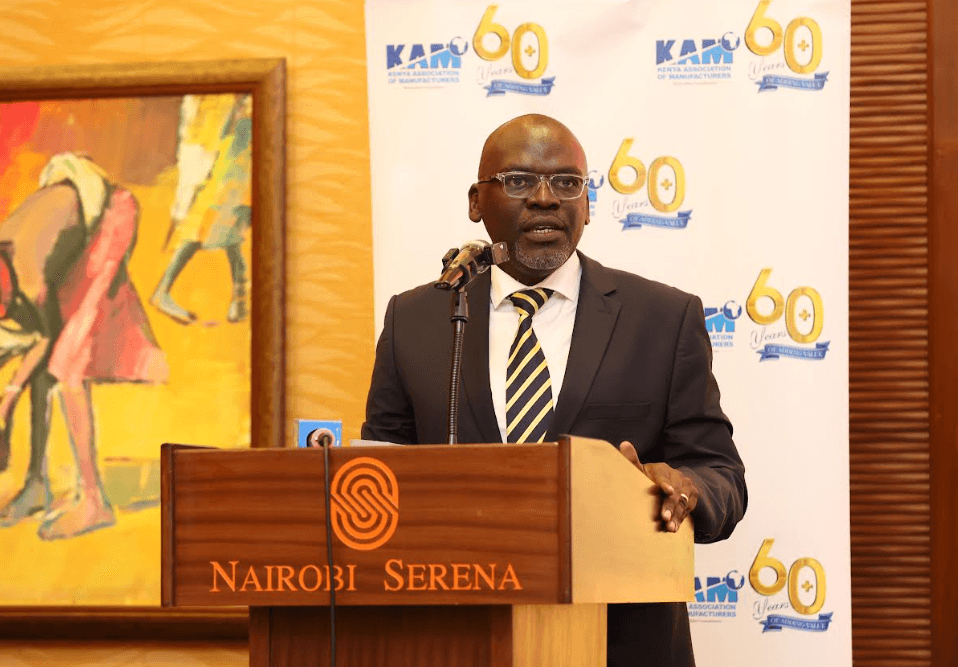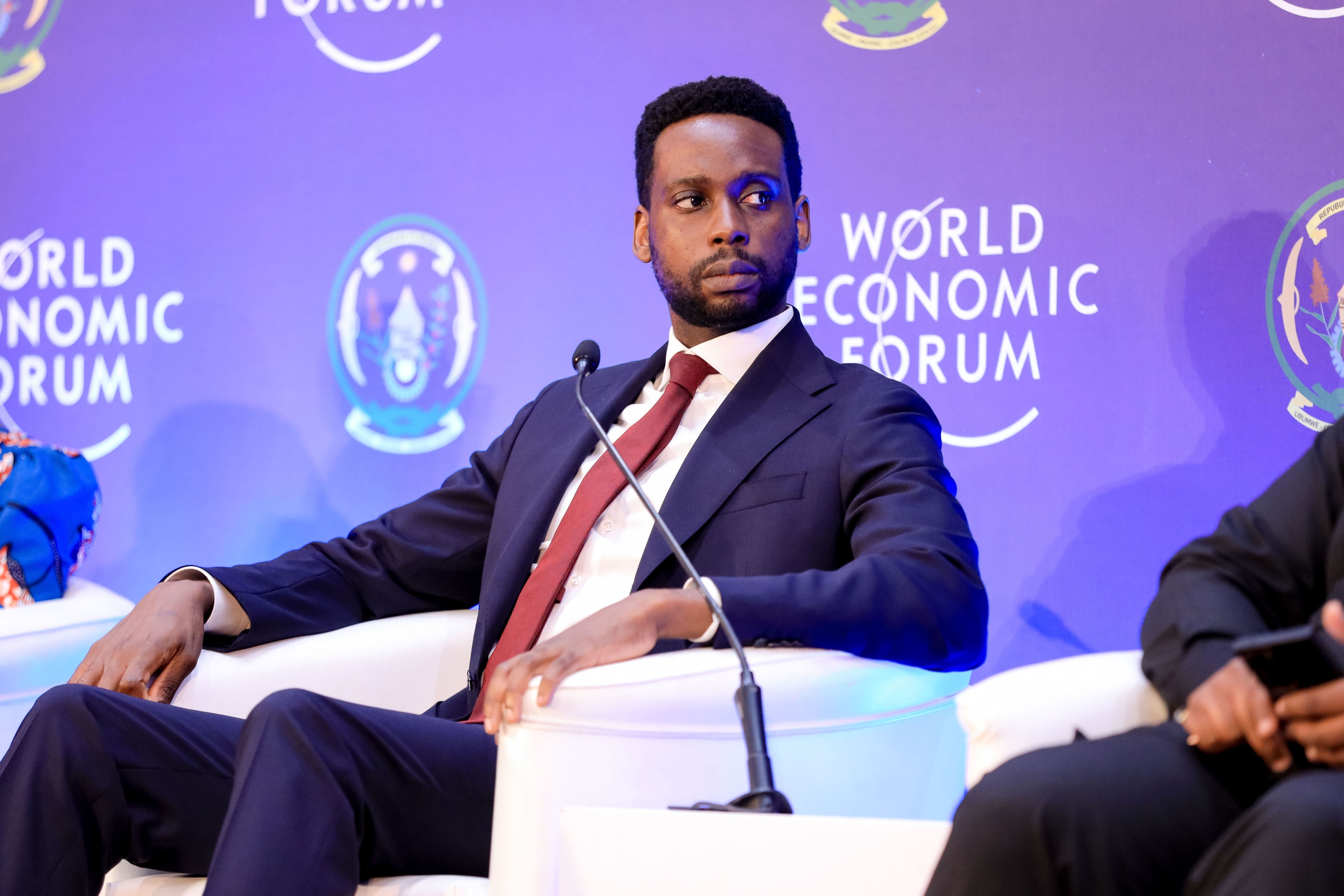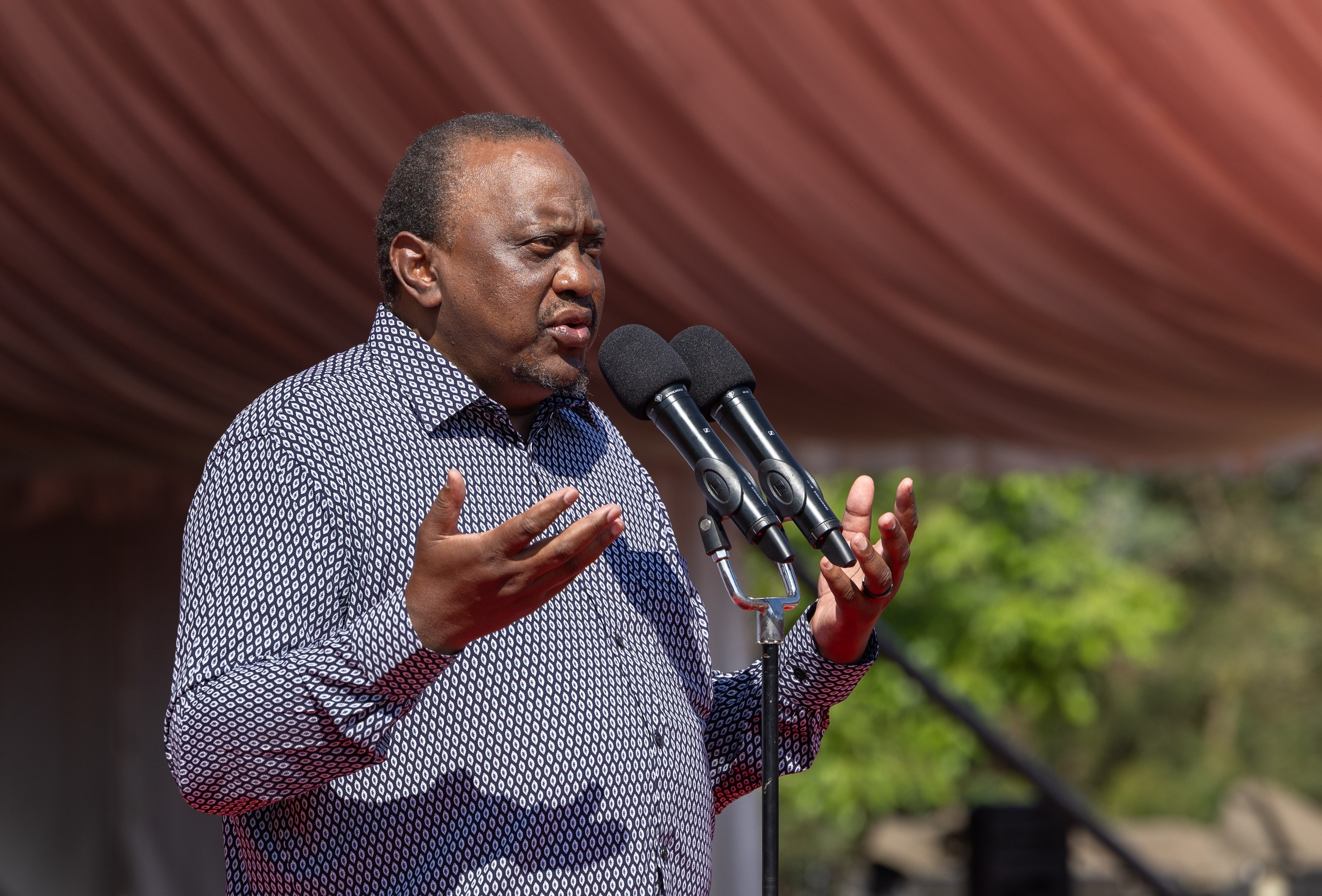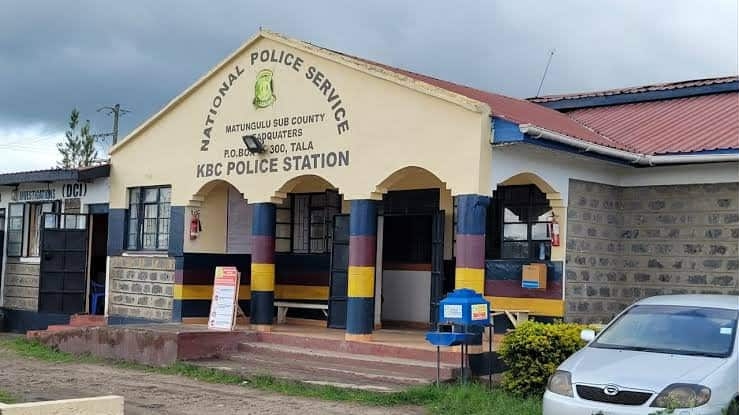The combatants in the battle to slaughter or revive the Building Bridges Initiative had a hearing at the Supreme Court the other day.
The court outlined seven disputed issues that will determine the fate of BBI going forward.
The Supreme Court’s rulings on these issues will also determine the fate of our next general election, presently scheduled to be held on August 9, 2022.
To understand why that is so, it is important to understand what the disputed issues are, as the court identified them, and why their resolution will impact the election one way or another.
However, for purposes of this column, let me just focus on two that I believe will be dispositive as to how the court may come down on this.
The first key issue is whether the basic structure doctrine is applicable in Kenya.
The basic structure doctrine says there are certain parts of the Constitution that cannot be amended no matter what, not even when following the Constitution’s own provisions.
According to this theory, which has never been applied in Kenya, our Constitution can only be amended by following four distinct but connected steps that follow each other in this order: Civic education, public participation, constituent assembly debate and a referendum.
Both the High Court and the Court of Appeal held that the basic structure principle is applicable to Kenya and declared the BBI unconstitutional for trying to change the Constitution without following the order stated above.
In his submission before the Court of Appeal on behalf of BBI proponents, Senior Counsel James Orengo cited French philosopher Voltaire who once said if God did not exist, it would be necessary to create one.
In the same vein, Orengo argued, the High Court judges created the basic structure doctrine out of thin air, or, as he put it, they went to Wonderland to find this creature of use in limited foreign countries that was birthed in India more than 50 years ago but has rarely been adopted elsewhere.
Orengo said the question that must be asked and answered correctly is whether the Constitution of Kenya creates a situation where the people as sovereign exist outside the Constitution or within the Constitution.
Orengo answered the question by saying, no, the people cannot operate outside the Constitution as presently structured, meaning, the basic structure doctrine cannot be applied in Kenya to deny proponents of BBI the right to amend the Constitution as the document itself provides.
The Court of Appeal rejected Orengo’s argument and now the Supreme Court must render the final verdict on this issue.
If the court agrees with the lower courts and holds that the basic structure doctrine is applicable in Kenya, then it would not matter how it rules on the other issues because this decision alone will hammer the final nail in the BBI coffin.
This is because the required order of steps was not followed in how BBI was pursued before the High Court put brakes on it and it is unlikely the court can rule yes, the basic structure applies and that the steps were followed.
On the other hand, if the court reverses the lower courts' decisions and rules that the basic structure does not apply in Kenya, chances are BBI survives and then the big question: What next?
No need to go into the weeds on this but if BBI survives the Supreme Court, then those who have been hoping to postpone the election will have an opening to do just that.
Article 102 (2) allows for the postponement of general elections only when Kenya is at war and, even then, the Constitution requires that Parliament must pass a resolution supported by at least two-thirds of the members of each House, to render the postponement legal.
Article 102 (3) further provides that Parliament’s term shall not be extended under clause (2) for a total of more than 12 months.
All well and good, except neither the drafters nor the voters ever thought about Covid and its impact on our lives —including the Constitution.
Legal analyst and political commentator
(Edited by V. Graham)





